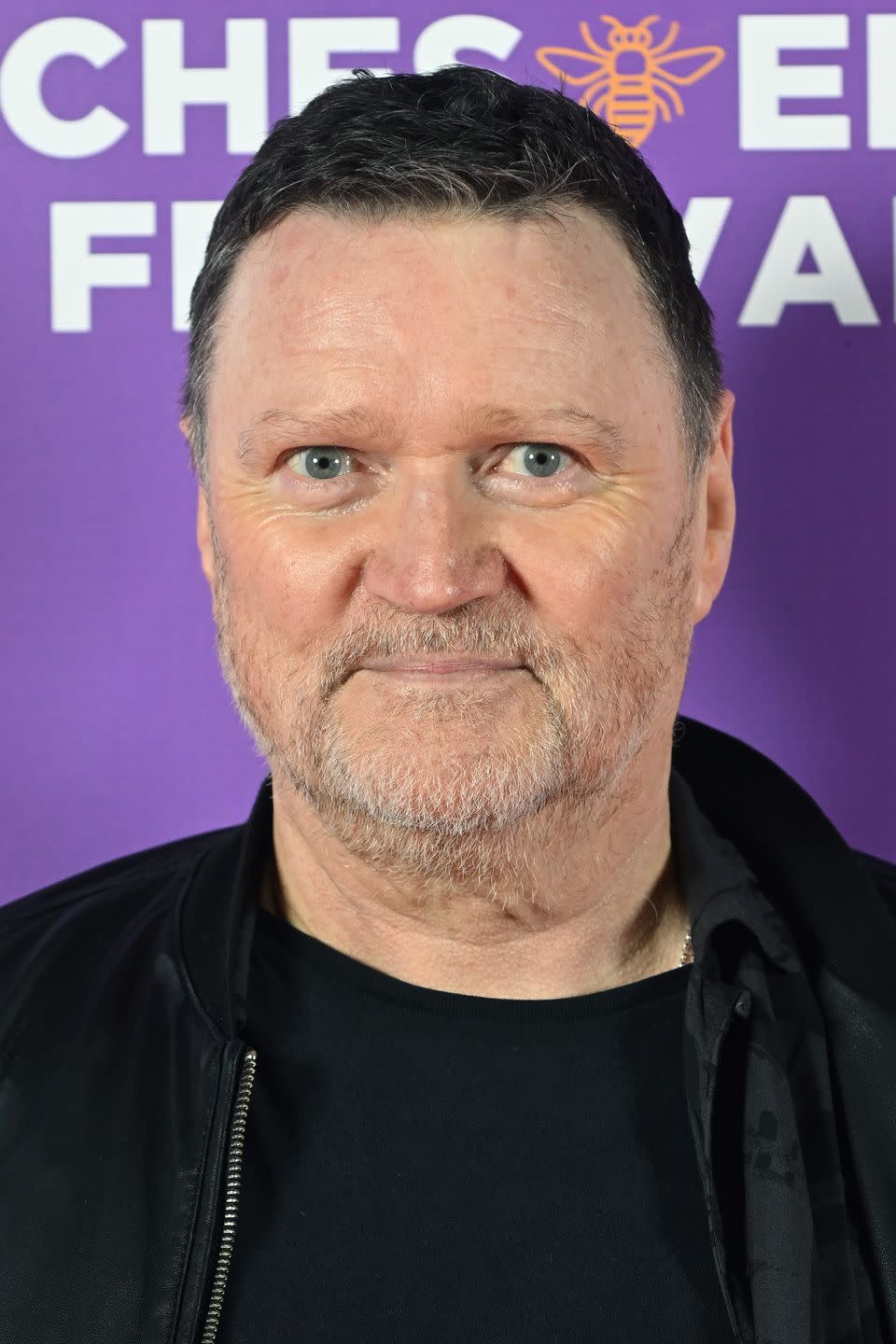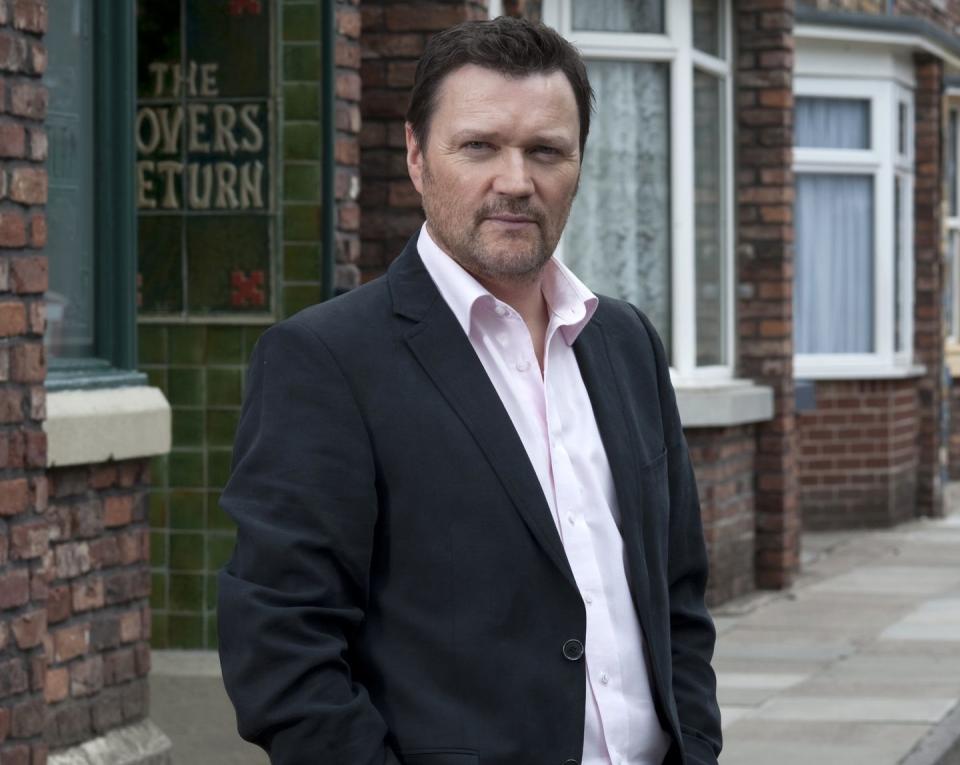Coronation Street's Ian Puleston-Davies opens up on health battle
Former Coronation Street star Ian Puleston-Davies has opened up about his experiences of living with OCD (obsessive compulsive disorder).
The actor, known for playing Owen Armstrong on the ITV soap between 2010 and 2015, explained he's suffered with obsessive, unwanted thoughts since the age of seven, and that he experiences a frequent fear of being poisoned.
"My thoughts are mainly to do with contamination or fear of harm to myself or to others," he told The Mirror.

Related: Coronation Street unveils first look at Barbara Knox's 90th birthday special on ITV
"If I spot a stain, my unwanted thought will tell me it's toxic and dangerous, that if I or my children touch it something awful will happen," he continued.
Obsessive compulsive disorder is a mental health condition which causes a person to have obsessive thoughts and compulsive behaviours that they struggle to control.
According to the NHS, people can start having symptoms of OCD from as early as 6 years old, though it is more common during adolescence and adulthood.
Speaking about his time on Corrie, Puleston-Davies remembers working with Antony Cotton and Mikey North, explaining that his co-stars were nothing but supportive.

Related: Coronation Street spoiler: Jenny learns The Rovers will close
"I remember Antony Cotton who plays Sean, who would be behind the bar in the Rovers Return, was very good before a scene, saying, 'I've checked the glasses, Ian. There are no chips,'" Puleston-Davies recalled.
"He was always very good at assuring me there were no stains on any of the glasses before he served me a pint."
He added of North's support: "We had a lot of scenes on pretend building sites. If dust got in my eye I'd think I scratched my retina and Mikey would look to check. He was very good at calming me down."
Puleston-Davies said that he's also found CBT (cognitive behavioural therapy) helpful in managing his OCD, and has coping mechanisms that help with what he described as "chewing gum thoughts".
"I find what's very useful is to either use your phone or write it in a notepad and promise you will go back to that thought half an hour later," he said.
The actor, recently seen in ITV's DI Ray, revealed he didn't receive a diagnosis until 1995, when he was 35. He added that for a time, he concealed his symptoms, which took a lot of energy.
"It's known as the secret disorder because people are ashamed of it," he said of OCD. "And that's the problem. People don't go to the doctor or don't tell loved ones because they're afraid of being ridiculed.
"I wish I'd have made it clear to everyone that I had OCD when I started my career because I exuded so much energy trying to disguise it.
"I try to raise awareness so people don't feel alone."
For further information about OCD, resources include the NHS website, OCD Action, OCD UK and TOP UK (Triumph Over Phobia).
Other organisations who can offer support include Samaritans on 116 123 or Mind on 0300 123 3393. Readers in the US are encouraged to visit mentalhealth.gov.
You Might Also Like

 Yahoo News
Yahoo News 
